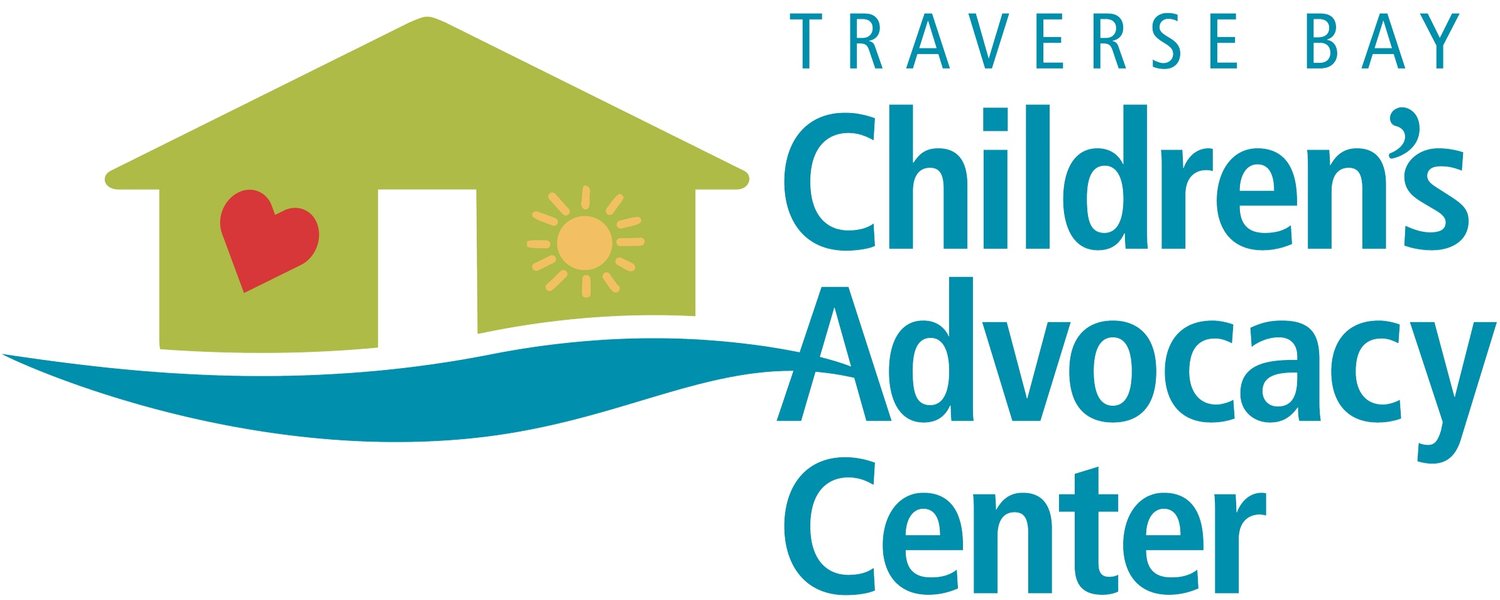Empowering kids with the knowledge to stay safe
Body safety education helps children set boundaries, trust their instincts, and speak up when something doesn’t feel right.
Answering your questions about body safety
-
Kids learn what healthy relationships look like when we talk to them about bodies, boundaries, and safe vs. unsafe behavior. These conversations empower them to say “no” when something doesn’t feel right and help them recognize when someone is crossing a line.
Teaching body safety not only makes kids less vulnerable to abuse but also gives them the confidence to speak up and tell a trusted adult if something happens.
-
I am the boss of my body. I don’t have to hug, kiss, or be touched by anyone if it feels inappropriate. I have a right to say ‘No!’
Private Parts are the parts of our body covered by swimsuits and underwear. We use the correct words when talking about privates.
Privates are not to be shared with others. No one should look at or touch our private areas. We should all have privacy when using the bathroom or changing clothes.
I don't keep unsafe secrets. Surprises can be safe and fun, but when a secret makes me sad, scared, or if it’s about private parts, I always tell a safe adult.
I have a Safety Map. I have 3 to 5 trusted adults that know about Body Safety. I can talk to them if I have a question or a problem. I know that if a body safety rule is broken, it’s not my fault, and it’s never too late to tell.
-
The holidays are around the corner and we are headed into the season of celebrations and family get-togethers. That means there will be a lot of hugging going on between friends and family.
We’ve all been there when grandma/grandpa or aunt/uncle go to hug their grandchild or niece/nephew and the child says, “No”. In that moment, parents might feel awkward and uncomfortable and that relative might feel hurt. But, it is important that we respect the child and their right to say “no”.
When a child is forced to hug someone, it can teach a child some unsafe things:
They aren’t allowed to have boundaries
They don’t have to agree before someone touches them
They can’t say “no” to an adult when they feel something inappropriate is happening
Giving a child the right to say "no" to a hug might be tough on family members. It may even take time for any hurt feelings to go away. However, when we explain to adults:
Children are allowed to have boundaries
They are helping protect the child
The safety of a child is more important than being polite
We encourage these hard conversations, and we believe in prioritizing advocating for the safety of the child over being polite.
-
Let's Talk About Body Boundaries, Consent and Respect
Talking to Your Kids About Sex
The Care and Keeping of You: The Body Book for Younger Girls
Guy Stuff: The Body Book for Boys
In Case You're Curious: Questions about Sex from Young People with Answers from the Experts
NetSmartz is the National Center for Missing and Exploited Children's online safety education program which offers age-appropriate videos and activities to help teach children be safer online, the goal being to help children become more aware of potential online risks and empowering them to help prevent victimization by making safer choices on- and offline.


